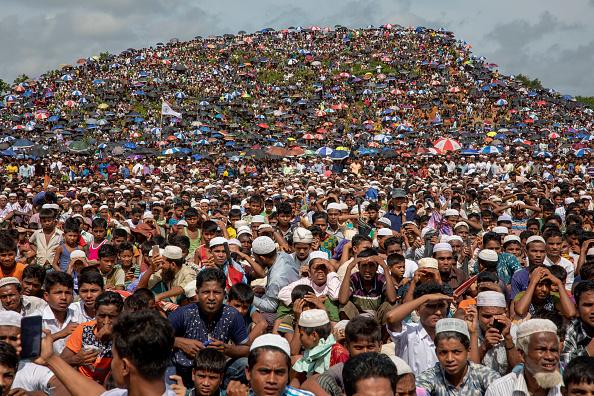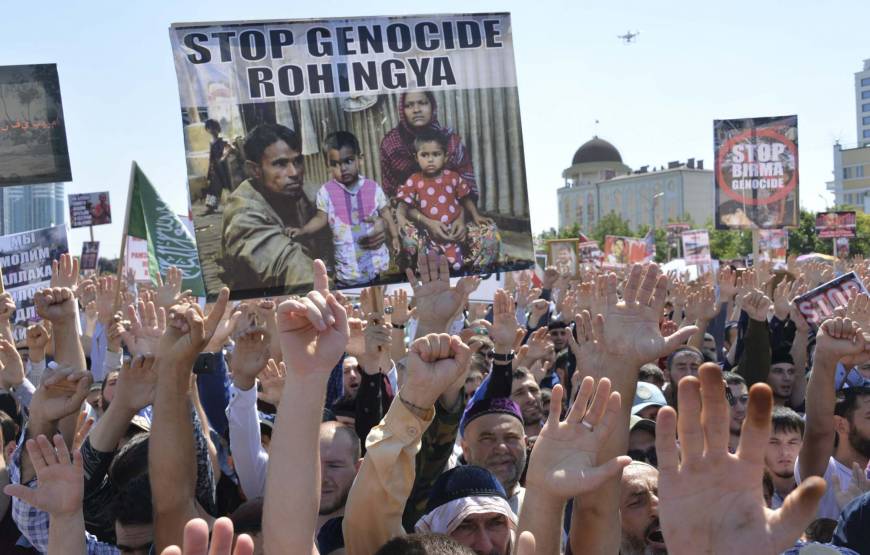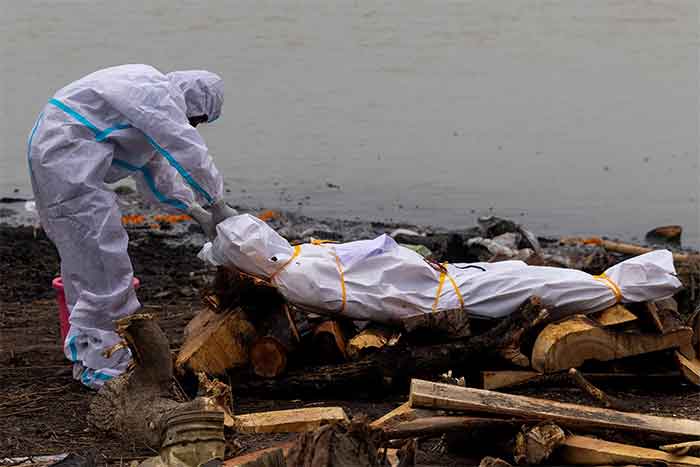
Spring, the best season, is twinkling Bangladesh. Mango pods adore trees here and there across the country. Hopes are pinching dreams for big profit.
In this flashy season optimism of Bangladeshis has been grabbed by a scare – COVID -19. Yes, ruling of coronavirus has been started the country. It has already occupied several places of the delta country- Bangladesh.
Coastal district Cox’s Bazar is home to over 1 million Rohingyas, the world’s most repressed, oppressed, tortured, persecuted and humiliated nation, who fled to Bangladesh from Myanmar, the birthplace at gunpoint and sexual assaults, a now vulnerable to coronavirus. They are living makeshifts in Cox’s Bazar refugee camps. Maintaining social distance is quite impossible for Rohingya people. If anyone of the fell in victim of COVID -19, the entire community will go under the risks. The risks must be overcome for sake of the distinct community.
According to the United Nations Office for the Coordination of Humanitarian Affairs (OCHA) – The Rohingya people have faced decades of systematic discrimination, statelessness and targeted violence in Rakhine State, Myanmar. Such persecution has forced Rohingya women, girls, boys and men into Bangladesh for many years, with significant spikes following violent attacks in 1978, 1991-1992, and again in 2016. Yet it was August 2017 that triggered by far the largest and fastest refugee influx into Bangladesh. Since then, an estimated 745,000 Rohingya—including more than 400,000 children—have fled into Cox’s Bazar.
OCHA added, “In Myanmar, entire villages were burned to the ground, families were separated and killed, and women and girls were gang raped. Most of the people who escaped were severely traumatized after witnessing unspeakable atrocities. These people found temporary shelter in refugee camps around Cox’s Bazar, Bangladesh, which is now home to the world’s largest refugee camp.”
It further said, “As of March 2019, over 909,000 stateless Rohingya refugees reside in Ukhiya and Teknaf Upazilas. The vast majority live in 34 extremely congested camps, including the largest single site, the Kutupalong-Balukhali Expansion Site, which is host to approximately 626,500 Rohingya refugees.”
OCHA stated, “more than one year into this multifaceted collaborative response, the situation has gradually begun to stabilize. Basic assistance has been provided, living conditions in the camps have improved somewhat and disaster risk mitigation measures have been largely successful. However, despite progress, the Rohingya remain in an extremely precarious situation. The root causes of their plight in Myanmar have not been addressed and their future is yet uncertain. Refugees have access to the basics, such as food and health care, but they are still extremely vulnerable, living in highly challenging circumstances, exposed to the monsoon elements and dependent on aid.”
The South China Morning Post, very recently carried out a report in which it described that the lack of easy access to medical care has left refugee camps particularly vulnerable to the Covid-19 outbreak. Health care workers were alarmed late last month by reports of the first coronavirus case in the Cox’s Bazar District in Bangladesh, near refugee camps that are home to nearly a million Rohingya.
“Paul Brockmann, Bangladesh head of Medecins Sans Frontieres (MSF, also known as Doctors Without Borders), said the organisation has rolled out a number of emergency preparations in the district to protect the refugees and MSF’s frontline staff, including training and increased isolation capacity,” it continued.
“While most of MSF’s clinics can isolate a small number of people while they are being tested for the virus, severe cases – including those who require mechanical ventilation – must be transferred to government facilities. Existing teams in disease outbreak response facilities in Cox’s Bazar can also be activated if necessary,” the news story added.
The Prime Minister Sheikh Hasina, while talking about probable transmission of coronavirus, pointed out Rohingya camps very recently.
The Bangladesh government took a little bit initiative to check coronavirus infection at Rohingya camps, which seems not enough for the protection of the stateless people.
Some organisations have emphasized the need of protection of the people who have no identities at all. The world community should come forward to do their best for the Rohingyas immediately. #
Saifur Rahman Saif is a Bangladeshi journalist. He works at New Age, a popular newspaper. He contributed a story in Freelance Success Stories published simultaneously from the USA and Canada. He can be reached at [email protected]
SIGN UP FOR COUNTERCURRENTS DAILY NEWS LETTER
















































